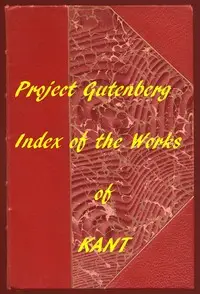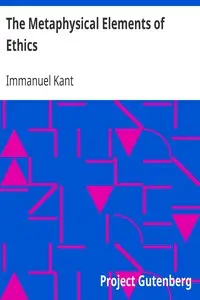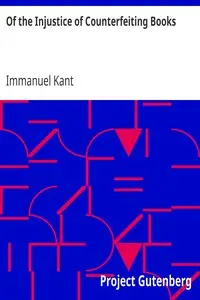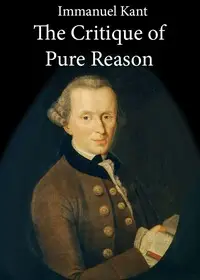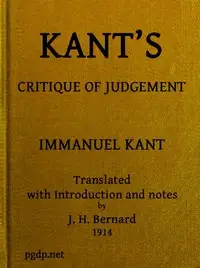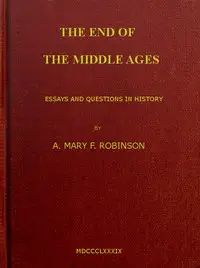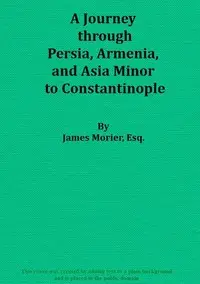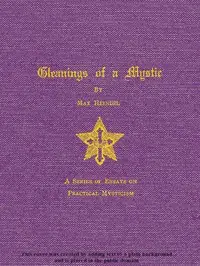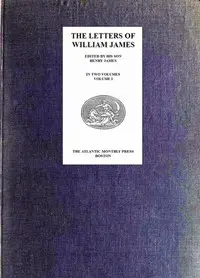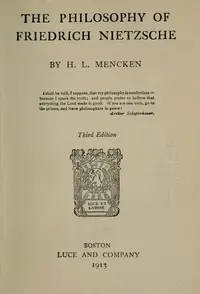"Kant's Prolegomena to Any Future Metaphysics" by Immanuel Kant is a philosophical treatise written in the late 18th century. This work serves as an introductory text intended to make Kant’s complex ideas accessible and to explore the foundations of metaphysics. In this publication, Kant investigates the nature and possibility of metaphysics as a science, emphasizing the need for a critical examination of how synthetic knowledge a priori is possible, which sets the stage for his broader philosophical arguments. The opening of "Prolegomena" introduces the necessity of questioning metaphysics and highlights its historical challenges, particularly through the skepticism introduced by David Hume. Kant argues that human reason must first determine whether metaphysics can be a valid science, discussing how pure a priori knowledge is formed and linking it to concepts of understanding and intuition. He posits that for metaphysical knowledge to exist, it must not rely on empirical observation but instead derive from the innate structures of human cognition. Kant's exploration at the beginning of this discussion sets the groundwork for understanding the nature of knowledge, drawing a critical line between empirical sciences and metaphysical reasoning. (This is an automatically generated summary.)
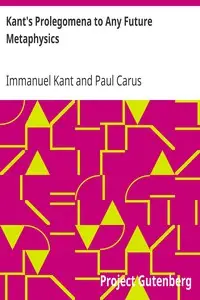
Kant's Prolegomena to Any Future Metaphysics
By Immanuel Kant
"Kant's Prolegomena to Any Future Metaphysics" by Immanuel Kant is a philosophical treatise written in the late 18th century. This work serves as an i...
Genres
Released
2016-08-16
Formats
mobi (images)
epub (images)
epub3 (images)
epub
mobi
Free Download
Overview
About the Author
Immanuel Kant was a German philosopher and one of the central Enlightenment thinkers. Born in Königsberg, Kant's comprehensive and systematic works in epistemology, metaphysics, ethics, and aesthetics have made him one of the most influential and controversial figures in modern Western philosophy. He has been called the "father of modern ethics", the "father of modern aesthetics", and for bringing together rationalism and empiricism has earned the title of "father of modern philosophy".
Total Reviews
10.0k
Total reviews from Goodreads may change


